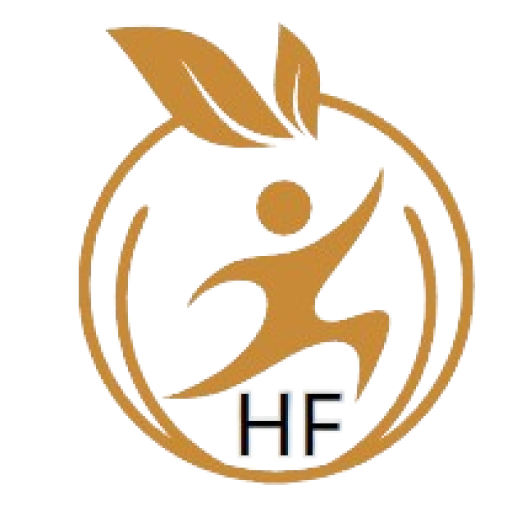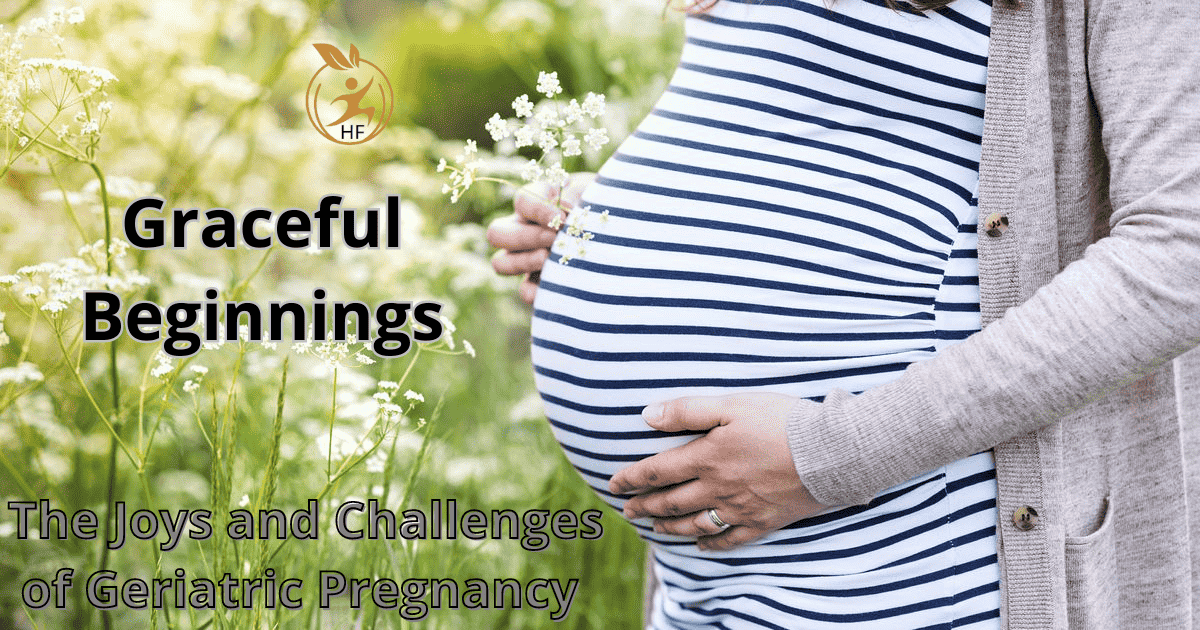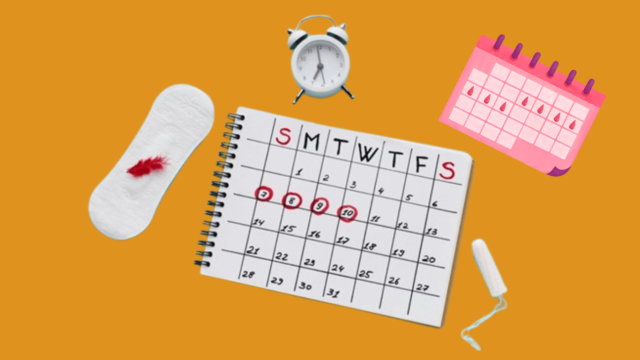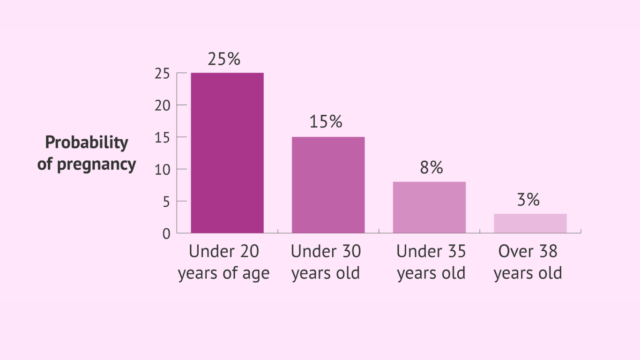Pregnancy is a transformative and joyous journey for women, marked by physical, emotional, and psychological changes. While the ideal age for pregnancy has traditionally been considered in the early to mid-20s, more and more women are choosing to start families later in life. This phenomenon has given rise to the concept of geriatric pregnancy, a term used to describe pregnancies in women aged 35 and older. In this article, we will explore the joys and challenges associated with geriatric pregnancy, shedding light on the unique aspects of this maternal journey.
The Joys of Geriatric Pregnancy
- Emotional Maturity and Stability:
One of the significant advantages of geriatric pregnancy is the emotional maturity and stability that often accompanies a woman in her thirties or forties. Many women in this age group have established stable careers, secure relationships, and a strong support system, providing a conducive environment for raising a child. - Financial Security:
Older mothers may benefit from greater financial stability, having had more time to establish their careers and financial foundations. This can contribute to a more comfortable and stress-free pregnancy experience, with the ability to invest in quality healthcare, comfortable accommodations, and a nurturing environment for the baby. - Informed Decision-Making:
Women in their late thirties and forties are more likely to make informed and deliberate decisions about their pregnancy. They may have had the opportunity to pursue higher education, travel, and explore personal goals before choosing to become mothers, leading to a sense of fulfillment and readiness for parenthood. - Personal Growth:
Geriatric pregnancy can serve as a spur for personal development. Women with a strong sense of self and life experience can negotiate the physical and mental changes associated with pregnancy more successfully. This can result in a stronger connection to the pregnant process and a more fulfilling parenting experience.
The Challenges of Geriatric Pregnancy
- Increased Risk of Complications:
Advanced maternal age is associated with an increased risk of certain pregnancy complications, including gestational diabetes, high blood pressure, and chromosomal abnormalities such as Down syndrome. Older mothers are more likely to require specialized medical care and monitoring throughout their pregnancies. - Fertility Challenges:
Fertility tends to decline with age, and women over 35 may face difficulties in conceiving. This can lead to longer periods of trying to conceive, increased reliance on assisted reproductive technologies, and emotional stress associated with fertility treatments. - Physical Demands:
Pregnancy and childbirth can take a toll on a woman’s body, and older mothers may experience increased fatigue and physical strain compared to younger counterparts. Recovering from childbirth may also be more challenging for women in their late thirties or forties. - Social Stigma and Pressure:
Geriatric pregnancy can sometimes be met with societal scrutiny and judgment. Women may face questions or comments about their decision to become mothers later in life, potentially adding an emotional burden during an already sensitive time.
Geriatric pregnancy brings both joys and challenges, creating a unique and multifaceted experience for women who choose to embark on this journey. With advancements in healthcare and a growing understanding of the complexities associated with pregnancies at an older age, women can navigate this phase of life with informed decision-making, proper medical care, and a supportive network, ultimately leading to a graceful beginning for both mother and child.




